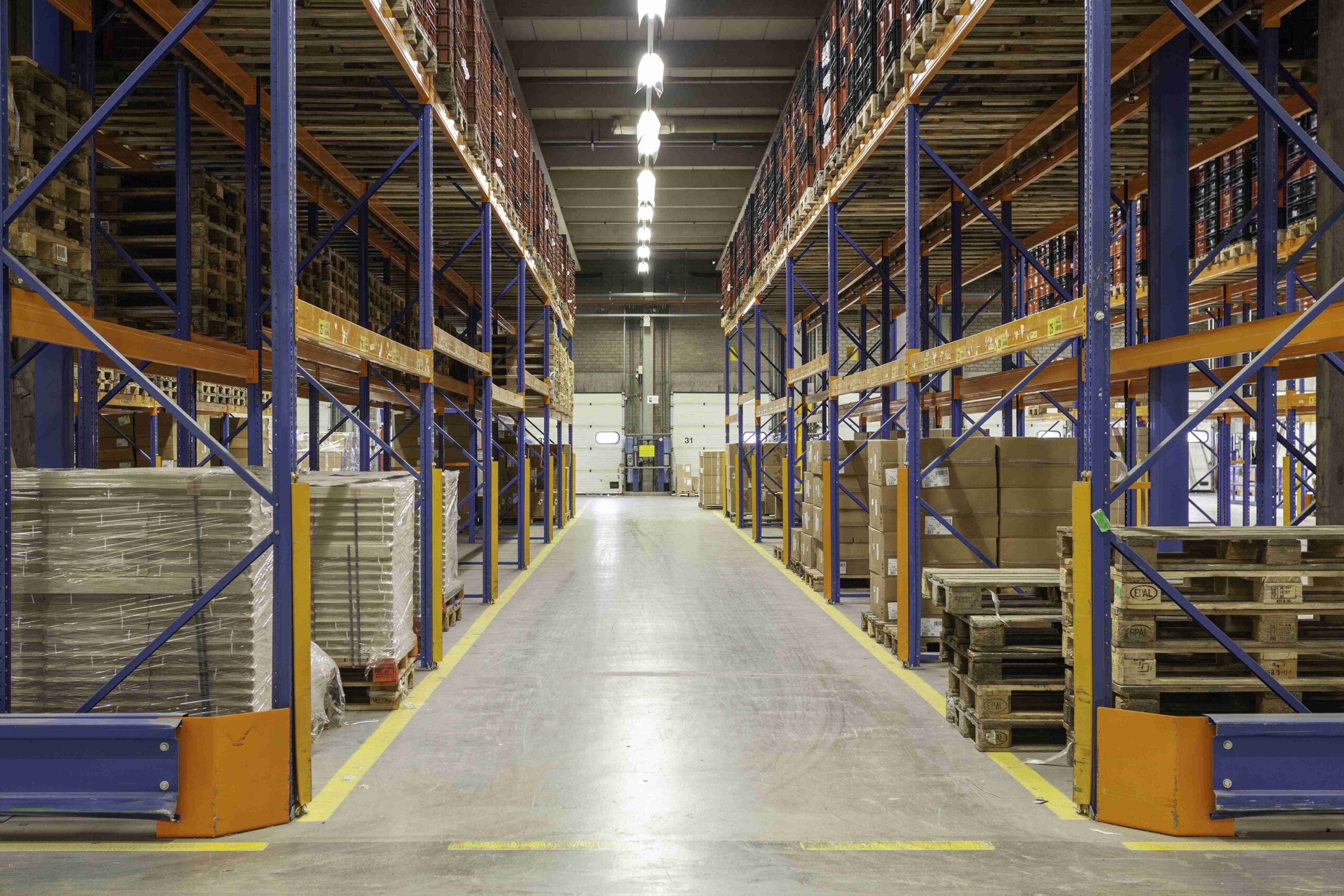In today’s fast-moving business world, managing a warehouse is not just about stacking goods. It’s about speed, accuracy, and smart operations. If you’re running a warehouse in Malaysia, staying ahead of the curve means using the right tools and one of the most powerful tools is a Warehouse Management System (WMS).
De Hubs, a leading warehouse in Malaysia, understands the importance of running a smooth and streamlined warehouse. This blog will show you how a WMS helps businesses improve warehouse operations, increase productivity, and support logistics operations.
What Is Warehouse Management System (WMS)?
Warehouse management system is software that helps companies manage and control daily warehouse tasks. This includes inventory tracking, picking and packing, shipping, and even employee productivity.
In simple terms, it’s a digital tool that gives warehouse managers full control and visibility over all operations. This is to ensure the right product gets to the right place at the right time.
Why Every Warehouse in Malaysia Needs a WMS
Just admit it, manual tracking using paper or Excel spreadsheets just can’t keep up with modern supply chains. Here’s why WMS is crucial for every warehouse in Malaysia:
1. Better Inventory Accuracy
With a WMS, every product is tracked in real-time. You’ll always know how much stock is available, where it’s stored, and when it’s time to reorder. This helps avoid overstocking or running out of goods.
2. Faster Order Fulfilment
Time is money. A WMS speeds up the process from receiving orders to delivering them. With smart picking routes and automated systems, warehouse operations become faster and more reliable.
3. Reduced Human Errors
Manual data entry often leads to mistakes. WMS reduces errors in picking, packing and shipping, which means fewer returns and happier customers.
4. Improved Space Utilization
A good WMS helps optimize storage space by placing items in the best possible locations. This means a more organized warehouse Malaysia and better use of available square footage.
5. Stronger Data and Reports
Need to know what products sell the most? Want to track staff performance? A WMS provides detailed reports and data insights to help improve decision making.
Key Features of a Good Warehouse Management System
If you’re looking to improve your warehouse in Malaysia, make sure your WMS has these features:
1. Inventory Control
Real-time updates on stock levels, expiry dates, and item locations.
2. Order Management
Easily manage incoming and outgoing orders with fewer delays.
3. Location Management
Track where every item is stored in your warehouse.
4. Barcode Scanning
Speed up receiving, picking, and picking with barcode or RFID scanning.
5. Labour Management
Monitor employee tasks, performance, and productivity.
6. Reporting and Analysis
Access to dashboards and detailed reports for smarter planning.
How WMS Supports Warehouse Operations
Your warehouse operations are the backbone of your supply chain. Here’s how a WMS makes these operations more efficient:
Receiving Goods
When stock arrives, the WMS verifies the items against purchase orders, updates inventory levels, and directs workers where to store the items.
Storage and Inventory
The system uses smart algorithms to suggest the best storage locations, keeping fast-moving items easily accessible.
Order Picking and Packing
A WMS creates the most efficient picking routes, assigns tasks to workers, and ensures the correct items are packed and labelled for shipping.
Shipping
Once packed, the system can generate shipping labels, update inventory, and track parcels in transit.
Boosting Logistics Operations with a WMS
A Warehouse Management System also plays a key role in wider logistics operations. Here’s how:
1. Real-Time Visibility
See stock levels, order statuses, and delivery timelines from anywhere. This helps logistics teams coordinate better with customers and suppliers.
2. Integration with Other Systems
A WMS can connect with other business systems like ERP, accounting, or eCommerce platforms. This creates a smooth flow of information and reduces delays.
3. Fewer Delays in the Supply Chain
When everything in the warehouse is running smoothly, delivery times improve and supply chain bottlenecks are reduced.
4. Lower Logistics Costs
Optimized warehouse operations reduce labour costs, transport costs, and inventory holding costs.
Tips for Choosing the Right WMS for Your Warehouse in Malaysia
Before jumping into a new system, keep these points in mind:
1. Scalability
Choose a WMS that can grow with your business. As your orders and stock increase, your system should keep up.
2. Cloud vs. On-Premise
Cloud-based WMS solutions are flexible and cost-effective. However, on-premise systems may offer more customisation.
3. Ease of Use
A user-friendly interface makes training easier and speeds up adoption.
4. Local Support
Make sure the provider offers support within Malaysia. This ensures quick responses to any issues.
5. Integration Capability
Your WMS should work well with your current business tools like ERP or CRM systems.
Conclusion
A Warehouse Management System is no longer a luxury, it’s a must-have tool for any warehouse in Malaysia aiming to stay competitive, efficient, and customer-focused.
Whether you run a small storage space or a large-scale distribution centre, a WMS helps you manage inventory better, reduce costs, and streamline logistics operations.
De Hubs, as a leading warehouse in Malaysia, continues to set the standard by using advanced WMS technology to offer faster, more accurate, and more efficient services. By investing in the right system and practices, your business can achieve the same success.
Find more about:
